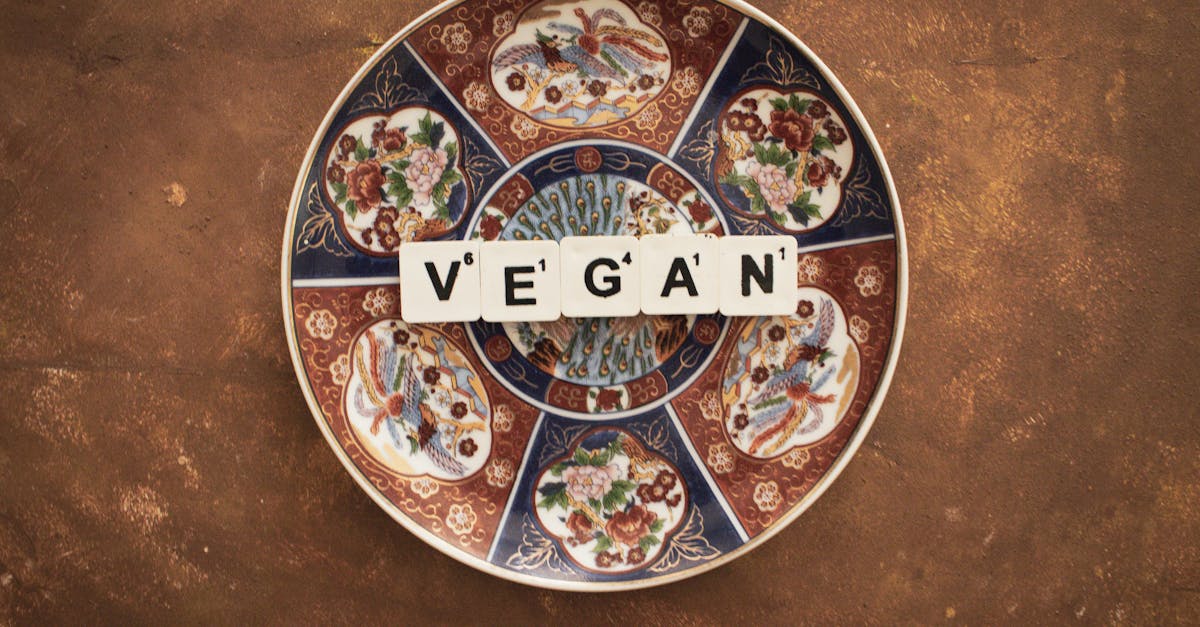
Introduction
As we look forward to 2024, the culinary world is poised for a year of exciting transformations. Food trends are more than mere fads; they reflect evolving consumer interests, technological advancements, and cultural shifts. From innovative cooking techniques to sustainable and ethical dining choices, the future of food promises a dynamic blend of tradition and innovation. Not only do these trends redefine the way we eat, but they also affect dining experiences and food production. As the global conversation around food continues to evolve, so too does the future of gastronomy. Here's a glimpse into what foodies can expect in 2024.
Plant-Based Revolution
In 2024, the plant-based movement is set to progress from niche to mainstream. This trend, initially driven by health-conscious consumers and environmental concerns, is now embraced by the masses. Expect to see plant-based alternatives for virtually every staple—from dairy-free cheeses to plant-based seafood. Innovators are creating formulations that closely mimic the texture and flavor of meat, making it an easy switch for lovers of traditional protein sources. Supermarkets and restaurants alike are increasing their plant-based offerings, giving consumers an array of choices that promote both sustainability and health. This shift signifies not just a dietary change, but a broader movement towards conscious consumption.
Ethical and Transparent Dining
Consumers are becoming increasingly concerned about where their food comes from and how it is produced. Ethical dining, which emphasizes transparency and fair trade, will be a significant trend in 2024. Diners want to know the story behind their meals, from the farmers who grew the produce to the journey of ingredients to the plate. Restaurants are responding by sourcing locally, ensuring fair wages for farmers, and emphasizing menu transparency. This commitment to ethical practices not only builds trust with consumers but also fosters support for sustainable agricultural practices. The question of food origin will thus continue to influence dining choices.
Tech-Driven Culinary Innovations
Technology is playing an ever-expanding role in the culinary landscape, and 2024 will be no exception. From AI-powered kitchen appliances to 3D-printed meals, technology is reimagining how we cook and consume food. Smart kitchens equipped with voice-activated gadgets can streamline meal preparation and offer precise cooking instructions. Meanwhile, 3D printing in food allows chefs to experiment with textures and flavors like never before, producing dishes that are both unique and nutritious. These innovations are making culinary experiences more efficient while opening the door to creative possibilities.
Cultural Fusion and Heritage Cuisine
As the world becomes increasingly interconnected, cultural exchange has given rise to a vibrant tapestry of fusion cuisines. 2024 will see chefs drawing inspiration from their heritage, creating dishes that blend traditional flavors with modern techniques. This trend allows food enthusiasts to experience diverse flavors from around the globe without leaving their city. Heritage cuisines are celebrated not just for their taste but also for the stories they tell about cultural identity and history. These dishes invite diners to embark on a culinary journey, exploring the rich tapestry of global food traditions hand in hand with modern influences.
Zero-Waste and Regenerative Practices
Sustainability remains at the forefront of 2024's food trends, with zero-waste and regenerative agriculture taking center stage. Chefs and food producers are focusing on minimizing waste through creative reutilization of ingredients, using every edible part of a product. Composting and recycling play major roles in reducing food wastage significantly. Meanwhile, regenerative agricultural techniques aim to restore and strengthen soil health, offering a sustainable model of food production that enhances biodiversity. By embracing these approaches, the culinary world is not just nourishing people but also protecting planet health for future generations.
Hyper-Personalized Nutrition
Hyper-personalized nutrition, powered by advancements in data analytics and genetic understanding, is changing the dietary landscape. 2024 sees a rise in tailor-made diets designed around individual nutritional needs and genetic makeup. Technology and wellness apps allow consumers to gain insights into their health, which influences food choices to optimize well-being. This personalized approach enables individuals to make informed dietary decisions that align with their health objectives, whether it’s weight management, boosting energy levels, or enhancing overall health. As more people embrace this trend, the intersection of nutrition and technology will continue to flourish.
Homegrown Urban Farming
Urban farming is no longer just a trend—it's rapidly becoming a mainstream practice in 2024. City dwellers are increasingly turning to homegrown produce as a sustainable food source. Advances in vertical farming and hydroponics make it possible for even the smallest spaces to contribute to food production. Community gardens and rooftop farms transform urban landscapes into green sanctuaries, allowing residents to grow their own fresh produce. This shift not only reduces the carbon footprint of food transport but also strengthens community bonds and encourages a return to fresh, home-cooked meals. Urban farming thus represents a grass-roots movement towards food resilience.
Conclusion
As 2024 unfolds, the future of food is marked by creativity, sustainability, and a return to ethical practices. These trends reflect a collective effort to redefine the food landscape in ways that nourish both people and the planet. Whether it's the rise of plant-based eating or the embracing of cultural fusion, each trend offers exciting possibilities for culinary innovation. By understanding and participating in these trends, consumers are better equipped to make conscious, satisfying dining choices. Undoubtedly, the year 2024 promises to be a transformative chapter in the rich history of food.